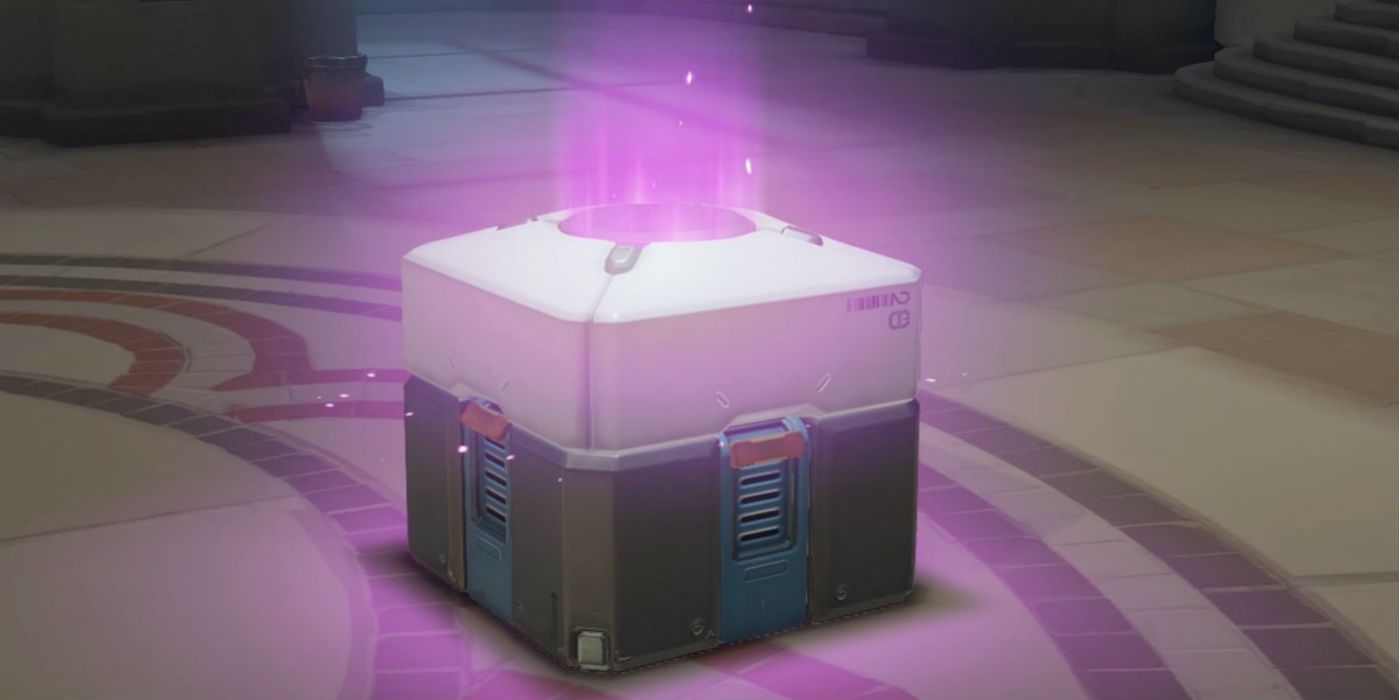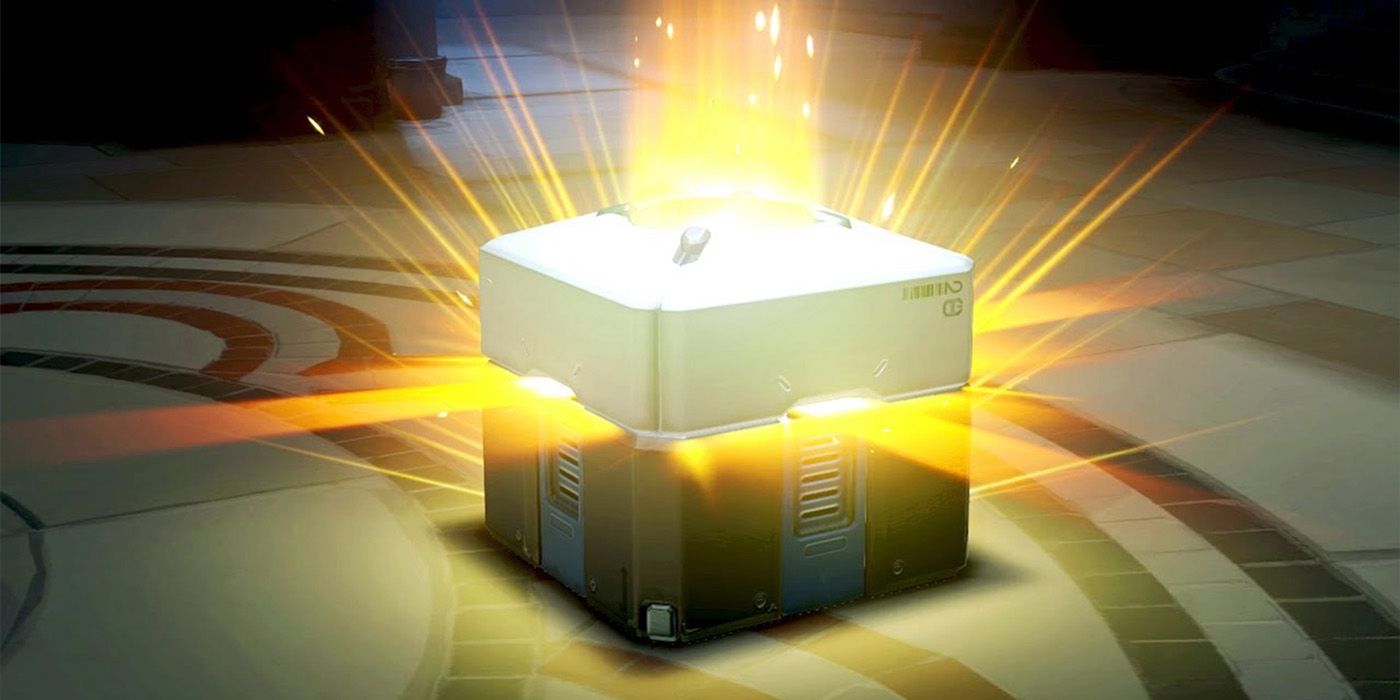The ESRB recently participated in a Federal Trade Commission workshop on in-game purchases, revealing some interesting data about the often controversial practice. This included the surprising fact that the organization has added the “in-game purchases” label to nearly one-fifth of all physical games it’s rated to date.
The introduction of the “in-game purchases” label in 2018 came amid widespread concerns - and potential legislation - over the practice. Lawmakers and advocacy groups were specifically concerned about loot boxes, which offer a random chance at obtaining a wide selection of items, and which some have called predatory or likened to gambling. Some countries, such as China, have had laws about loot boxes on the books for years, but the ESRB’s move came after a wave of proposed legislation throughout Europe and the United States starting around 2017.
Several U.S. states, and countries such as Belgium, began discussing banning loot boxes entirely, and the ESRB introduced the label as an attempt at self-regulation. According to ESRB president Patricia Vance, the agency used the term “in-game purchases” rather than “loot boxes” because many parents buying games for their kids don’t know or understand the latter term. As it stands, the label covers anything from currency and loot boxes to skins and expansions. According to a report from Gamasutra, the label is now present on 18 percent of game boxes, after only being added in April of last year. This shows just how quickly in-game purchases have grown from a non-issue to a prevalent part of the games industry.
Both the ESRB’s rationale for implementing the label and its efficacy were among the topics discussed at the recent FTC panel, and there was plenty of disagreement over whether the agency and the industry at large were addressing loot boxes properly. The ESRB presented research showing that only 32 percent of parents know what a loot box is, which Vance said was proof that the “in-game purchases” label wording is the best way to reach a broad range of people. Others in attendance, however, said that presenting buyers with more granular information was preferable. There was similar disagreement over the very idea of self-regulation, with Keith Whyte, executive director of the National Council on Problem Gambling, saying that industries can’t effectively police themselves while also protecting their own profits.
While the game industry’s ability to regulate itself is still in question, it's taking steps to address the most predatory aspects of microtransactions. Starting next year, nearly all games on consoles will be required to disclose the odds of getting certain items through loot boxes, though only time will tell if that’s enough to keep lawmakers from stepping in with more restrictive regulations.
Source: Gamastura


